All balance lost in the crucible of a Canberra witch trial
The push for Christian Porter’s political execution resembles a modern-day remake of Arthur Miller’s The Crucible.
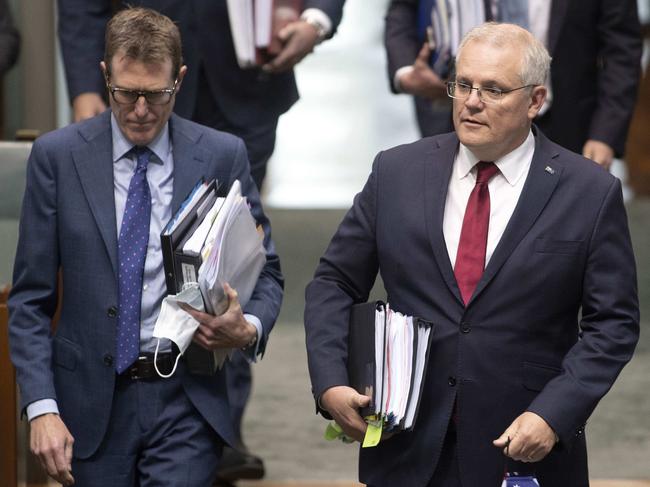
The Crucible depicted the Salem witch trials of the late 17th century in Massachusetts, not long after the Puritan settlements in New England. Miller’s message was to draw comparisons with the operations of the US House of Representatives’ Un-American Activities Committee in the mid-1950s to clamp down on communists and alleged communists, led by senator Joseph McCarthy.
In the lead-up to February 26, the political news out of the national capital, driven by the parliamentary press gallery, had focused on the alleged rape in 2019 of a young woman, Brittany Higgins, in the office of senator Linda Reynolds (then minister for defence industry). On February 24, Higgins made a formal complaint about the matter to the Australian Federal Police, which is the appropriate manner to handle such issues.
Two days later, ABC Four Corners journalist Louise Milligan initiated the current controversy by sending this tweet that has led to the media pile-on against Porter that has been supported by the Greens and, with less intensity, the Labor Party: “Breaking: Exclusive from me. Australian Federal Police notified of letter sent to Scott Morrison detailing alleged historical rape by Cabinet Minister in who’s (sic) now in Government. Letter requests urgent investigation like High Court’s on Dyson Heydon.”
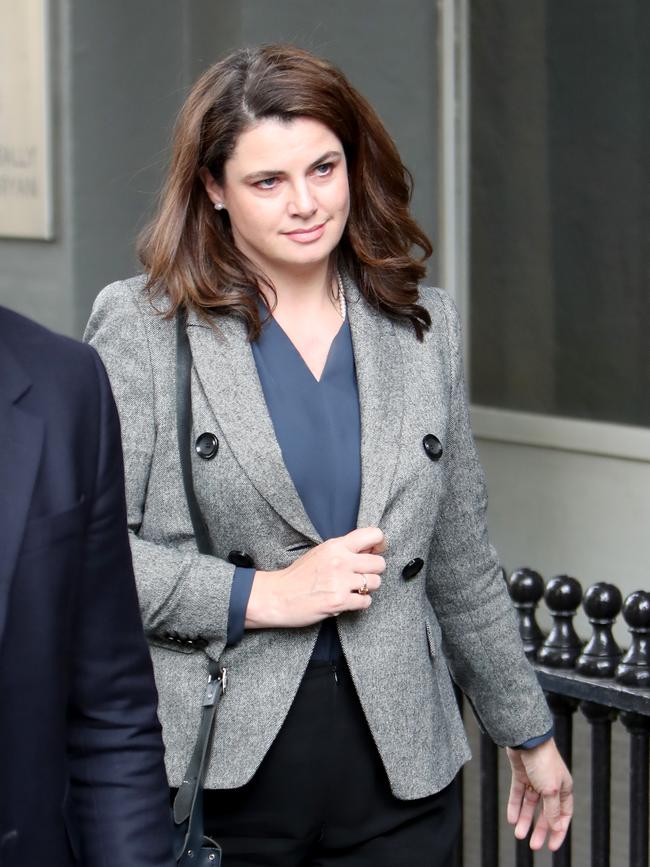
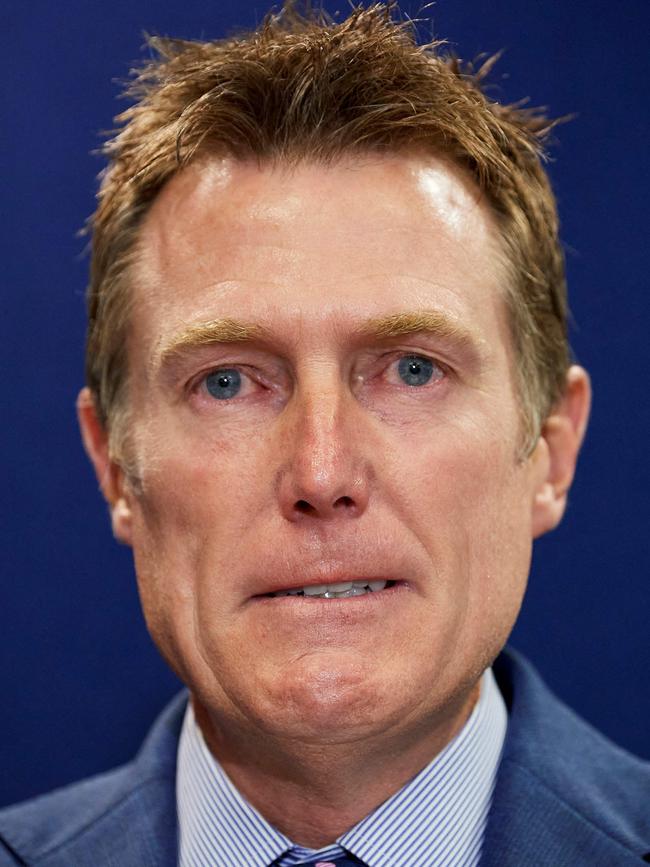
Milligan’s self-promoting “exclusive from me” went out at 5.45pm. Soon after, she was giving an exclusive interview to Patricia Karvelas on ABC Radio National’s Drive. Milligan spoke about an anonymous letter concerning the deceased complainant that had been forwarded to the Prime Minister, Labor Senate leader Penny Wong and Greens senator Sarah Hanson-Young.
The Attorney-General’s office has said these allegations against him were not put to him by the ABC “in any substantive form … before they were aired on ABC last Friday”. Yet, soon after her interview with Karvelas, Milligan tweeted that the statement attributed to the complainant was “devastating”. No details were revealed at this time.
Soon after, Milligan’s colleagues moved to support her case for the prosecution against Porter. ABC Radio National Breakfast and ABC TV 7.30 provide an example. On Monday, RN Breakfast presenter Fran Kelly interviewed Hanson-Young followed by former prime minister Malcolm Turnbull the next day. The following day the coverage was more balanced but by no means favourable to Porter.
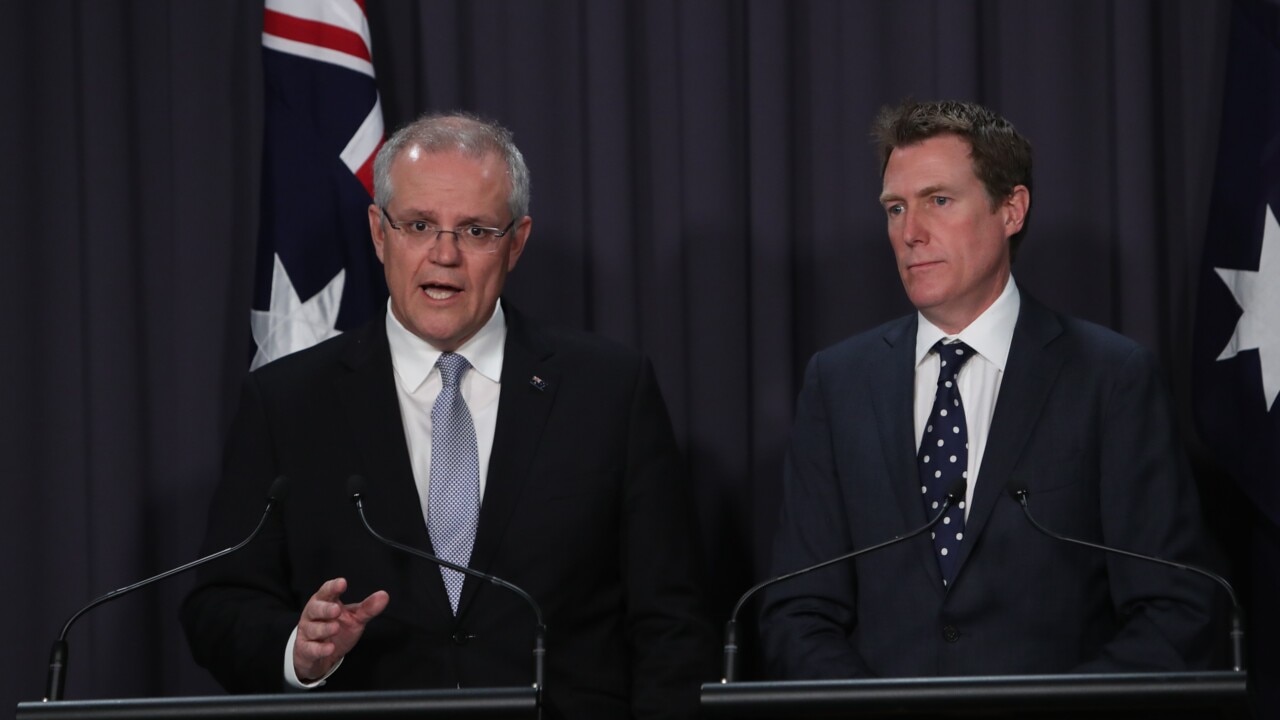
On 7.30 the Porter pile-on was full on. The program did long interviews, reported by Laura Tingle, with the complainant’s lawyer, Michael Bradley, and independent MP Zali Steggall on Tuesday and Wednesday respectively. There were also briefer interviews with Turnbull and Geoffrey Watson QC (Monday), Jo Dyer (Tuesday) and Kathleen Foley (Wednesday) and Dyer again (Thursday). All are critical of Porter.
When Foley was interviewed by Milligan on the ABC’s Four Corners program Inside the Canberra Bubble in November last year, the exchange began as follows: Milligan: “Why are you here?” Foley: “I’m here because, for a long time, Christian (Porter) has benefited from the silence around his conduct and his behaviour …” In what went to air, she made no specific claim of criminal behaviour.
That’s clear then. In the first three working days after Milligan’s tweet and subsequent interview, RN Breakfast and 7.30 listeners and viewers primarily heard from those making criticisms about Porter and the way the matter had been handled by the government. This is not balanced reporting. Moreover, Kelly and 7.30 chief political correspondent Laura Tingle played the role of activist journalists advocating a cause. On Tuesday Tingle even lectured Morrison, declaring the Porter allegation was a matter for him and “not a matter for the police”. This was an opinion. But her role as political correspondent is supposed to be to practise journalism, not to provide the opinion expected of a columnist.
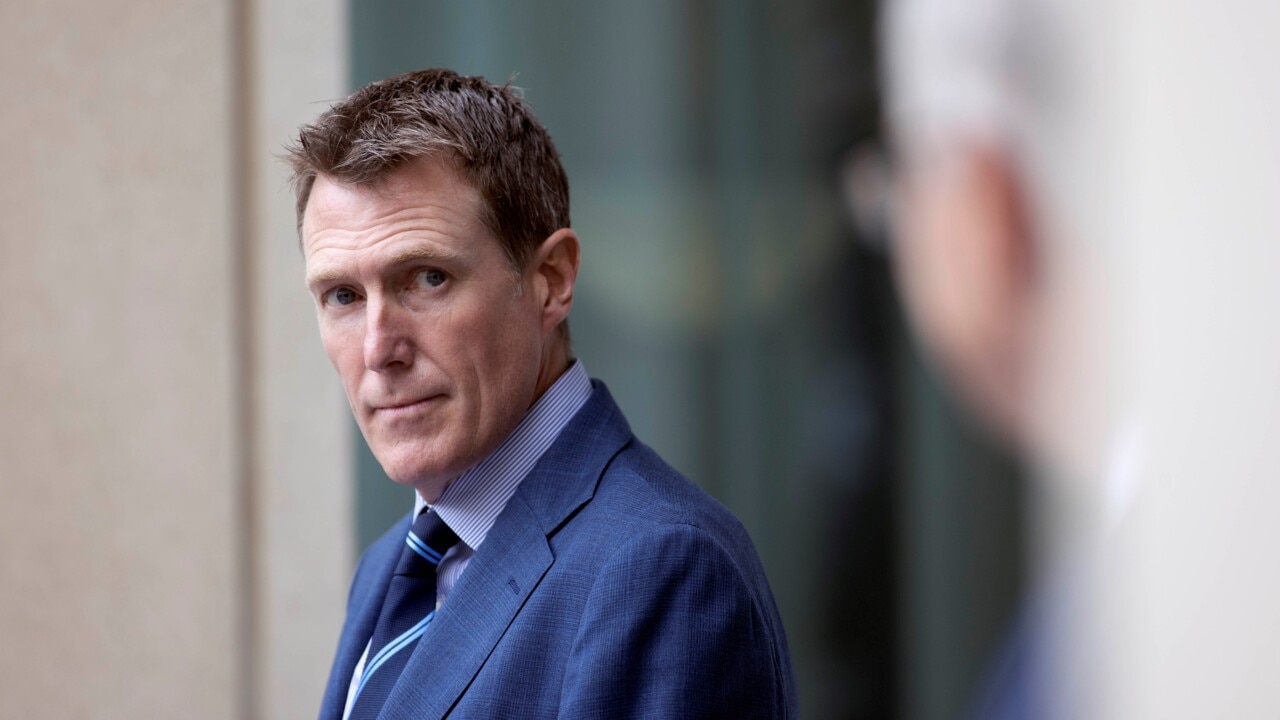
NSW Police brought a degree of fairness to the controversy on Thursday. It pointed out that Strike Force Wyndarra had investigated the matter but the woman had advised she had several health issues. According to NSW police, the complainant said “she dissociates and wanted to ensure when supplying her statement that she was coherent and as grounded as possible”. In the event, the woman advised NSW police that she no longer felt able to proceed with reporting the matter. Tragically, she died shortly after forwarding this email. In view of this, NSW Police concluded it would not be possible to comprehensively investigate the matter.
There is a view, shared by many journalists and some others, that in cases of historical sexual abuse the victim should always be believed. This overlooks the fact there are cases of mistaken identity and that some individuals have clear “recollections” of events that never happened.
In recent times, in unanimous decisions, appeal courts in Australia have quashed verdicts of historical sexual assault. In chronological order, they are Tyrrell v The Queen (Victorian Court of Appeal), Pell v The Queen (High Court), Higgins v R (NSW Court of Criminal Appeal) and Spurritt v The Queen (VCA).
In late February I corresponded with Gavin Silbert QC, who was Victorian chief crown prosecutor between 2008 and 2018.
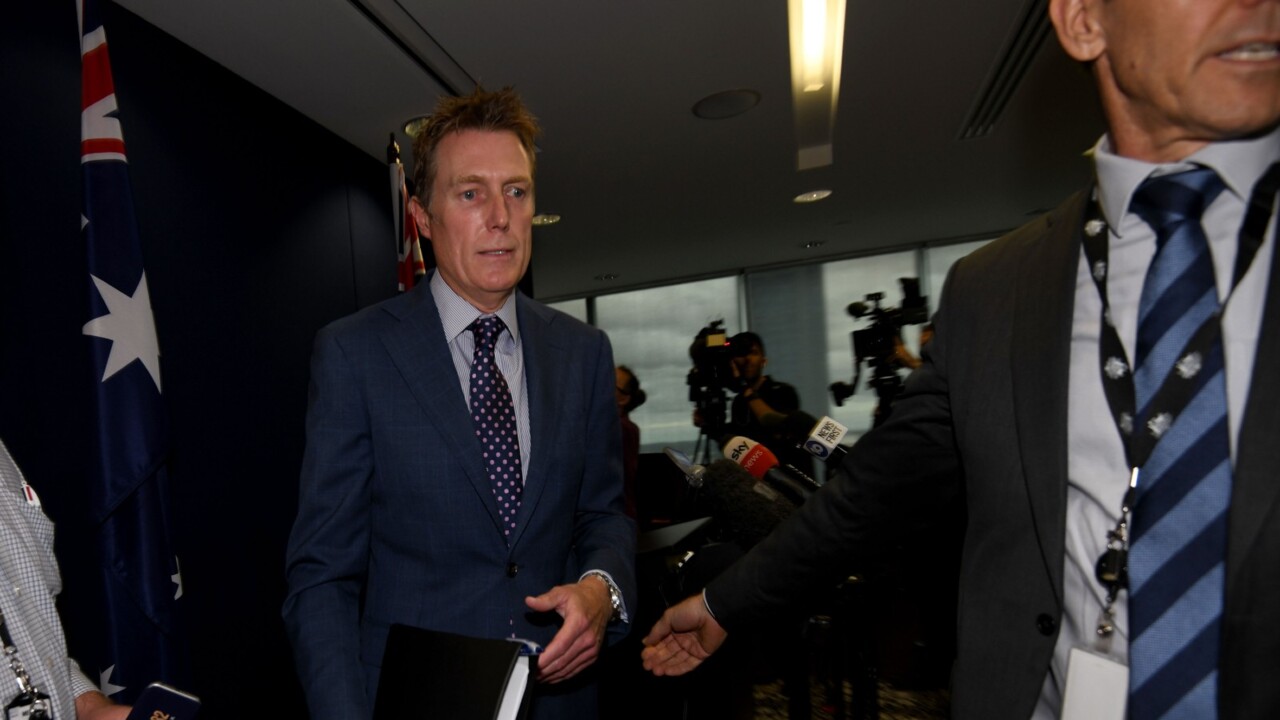
On February 23, Silbert wrote to me that — having read Keith Windschuttle’s The Persecution of George Pell — he “was persuaded that not only was the standard of proof not met (in Pell’s conviction), but that Pell was an innocent man”.
The full correspondence is in my online Media Watch Dog blog from February 26. When the likes of Andrew Bolt and Windschuttle stated before the High Court decision that Pell was innocent, they were vilified by many journalists. But they were correct, as attested by Silbert.
Professional journalists should not believe what they want to believe unless there is clear evidence to support a case. This is not so with Porter.
Gerard Henderson is executive director of the Sydney Institute. His Media Watch Dog blog can be found at theaustralian.com.au




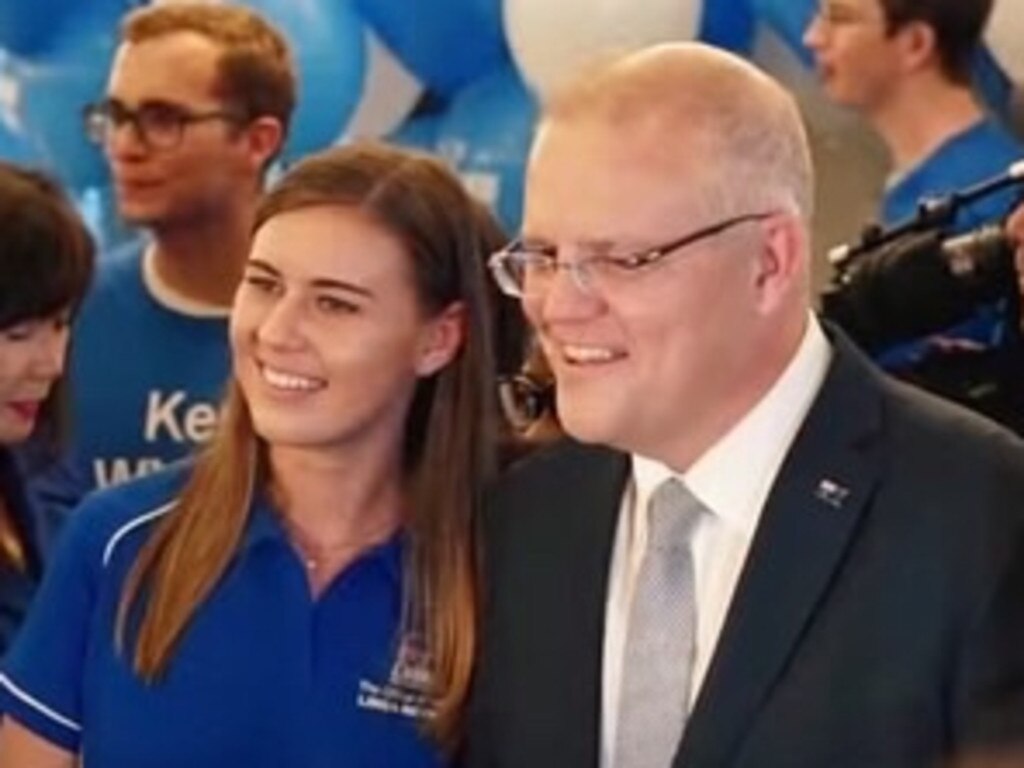
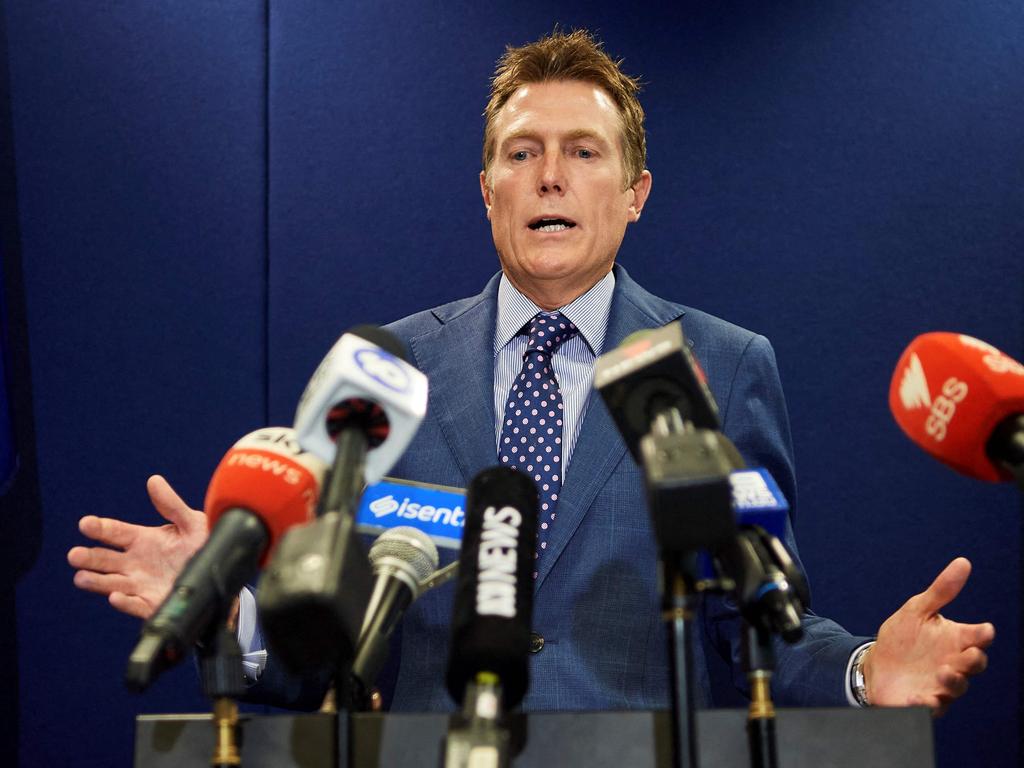
The past week has witnessed a modern-day remake of Arthur Miller’s play The Crucible with a baying mob, led by sections of the media, condemning Attorney-General Christian Porter as guilty of historical sexual assault without a trial and hoping for a political execution. It’s not a pleasant sight but one that is becoming all too familiar in the time of rampant social media.